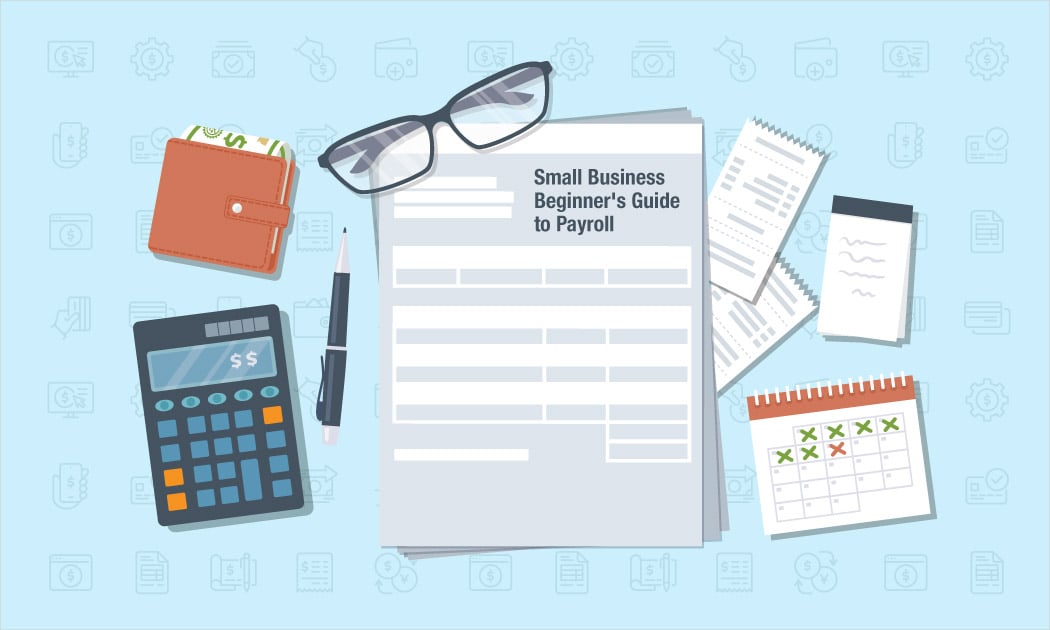The Payroll Blog
News, tips, and advice for small business owners
- Home
- Resources
- Payroll Blog
- How to Turn a Side Hustle Into a Full-Time Small Business
How to Turn a Side Hustle Into a Full-Time Small Business
In your spare time, you might have a hobby or a part-time gig that brings in extra cash or merely to spend time doing something that you really enjoy.

There may come a day where you decide you want to turn your side-hustle into your full-time job. Before you make the jump, consider a few important aspects of small business development to help you meet your goals.
Plan for Start-Up Costs
Before transitioning your side-gig or hobby into a full-time small business, ask yourself an important question. Are you financially prepared to turn your side hustle into a business? Your side job may bring in extra money, but is it enough to sustain a small business? Have you saved enough money for typical start-up costs for small business development such as equipment, supplies, business insurance, and marketing costs? Whether you decide to rent or buy a physical space for your small business or you’re planning to run it completely online, determine your monthly outlay of bills, including mortgage or rent, credit debt, utilities, and so forth. Effectively managing cash flow is crucial to a successful small business, so knowing your costs upfront will help.
Setting Goals
When starting a business, you’re naturally going to have some goals that you’re going to want to hit. However, when setting these goals, it’s important to take the SMART approach: specific, measurable, attainable, reasonable, and timely. Many people fail to reach their goals when they don’t follow these measures because there isn’t anything holding them accountable. Think about the lofty goals people set every New Year like “losing weight” or “exercise more.” Without specific goals, it’s hard to have the motivation to get the results you want. When you’re new to your business, specific and attainable goals will be key. Set reasonable expectations for yourself when you’re starting out so you don’t get discouraged with goals that are too lofty.
Tips and Considerations For Success
In addition to goal planning and evaluating cash flow, there are some other items to consider and tips to follow for success.
- Evaluate customer demand. Before launching a small business, determine if your product or service is in demand. As an example, Maria Erna, owner of WaG Premier Grooming Salon and Dog Spa, did thorough market research before opening her business. She researched foot traffic in the plaza she was looking to open her business in, she investigated average incomes of the area to understand the demographics, and also scoped out the competition around her to determine if there was a true need. You’ll need to do some market research on your target demographic. This can be done by understanding markets If you need some help getting started, talk to a marketing consultant or visit a local Small Business Administration office. Both can offer guidance and help you devise what kind of information you need to gather regarding the industry you’re focused on, consumer data regarding supply vs. demand for your product or service, and finally, your competition.
- Network. A network is constructed much like a spider web. Start in the center, such as your current customers, and work your way out by asking for referrals. Networking in this way builds relationships from current customers or clients and up a chain that might include vendors, influencers, and even mentors who are willing to share their connections with you. Networking isn’t necessarily about sales, but about getting yourself and your new business in front of prospective customers. That means taking advantage of social media channels, email lists, and PR such as a press kit. Bottom line: the more you network and connect with others, the larger your spider web grows, adding new contacts and potential along the way.
- Create a business plan. Creating a business plan can be intimidating because it requires you to assess every aspect of your new small business. Your plan must define how you propose to attract clients or customers, how much you will charge for your products or services, as well as how much money you need to make to earn a profit. In the plan, you’ll also need to determine what types of materials you need, where you are going to get them, and how much they cost. Business plans are also essential if you intend to secure funding or loans to start your small business. In a nutshell, a well-written business plan serves as a guide for many decisions you’ll have to make when starting your own small business. It not only helps you qualify for loans or attract investors but will give you a better idea of whether your small business will be viable.
- Choose a legal structure. This requires careful consideration. For example, should you opt for a sole proprietorship, a limited liability corporation, or a limited partnership? They’re all different with pros and cons, so you will want to research to determine which will work best for you and your situation.
Bottom Line
Starting a business is exciting but be prepared for business challenges and unexpected expenses. Do as much research as you can to help you prepare before you launch your new small business. Don’t be afraid to ask for help or guidance from successful small business owners. Turning your side-hustle into a small business is doable – just take it one step at a time.
Related Blog Posts
View Our Plans and Pricing
Small Business Is Our Business.
This website contains articles posted for informational and educational value. SurePayroll is not responsible for information contained within any of these materials. Any opinions expressed within materials are not necessarily the opinion of, or supported by, SurePayroll. The information in these materials should not be considered legal or accounting advice, and it should not substitute for legal, accounting, and other professional advice where the facts and circumstances warrant. If you require legal or accounting advice or need other professional assistance, you should always consult your licensed attorney, accountant or other tax professional to discuss your particular facts, circumstances and business needs.



